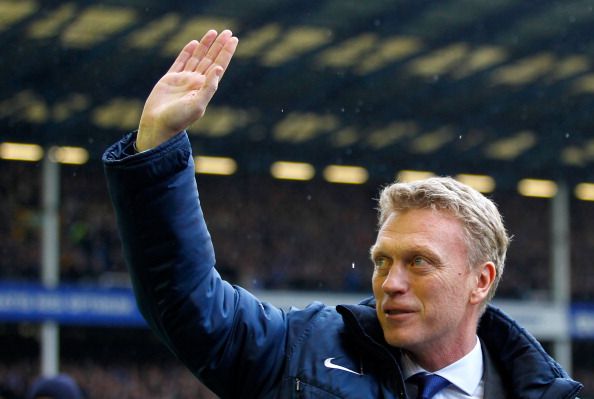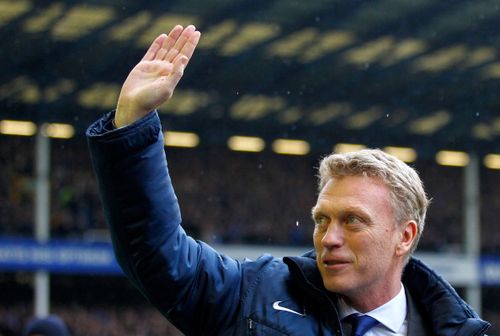
David Moyes: The journey so far

“I think he always wanted to be a manager and he has proven what a good decision that was. The standards he set were high standards, not only on the pitch, but off it as well.” –Sean Gregan, 218 appearances for Preston North End.
Managing a football club is one of the hardest things to do in the football world and there are very few people who were born to rightfully do so. Among these blessed few people, a certain David Moyes stands out.
“David is one of those rare players who decided at a very early age that he was going to be a manager, a good manager and then a great manager.” –Howard Wilkinson, Chairman of League Managers’ Association (1992- present)
Hailing from Bearsden, Glasgow, the Scot is one of the most respected managers in England. For some people, managing is purely in the blood and Moyes is a living representation of that.With over 15 years of coaching and managerial knowledge, Moyes is relatively young (49 years old) for such an immensely experienced manager. Moyes was the third longest serving manager in the Premier League as of the end of the 2012-13 campaign, an achievement by itself, considering the “Hire and Fire” state of affairs in the present day and age. Mid-way through the 2012-13 season, Moyes became the fourth manager to register 150 wins in Premier League after Sir Alex Ferguson, Arsene Wenger and Harry Redknapp.
The end of the 2012-13 campaign would mark Moyes’ 10th full season in charge of Everton FC. Moyes has had quite the career in football, racking up 535 club appearances in total and proceeding to be one of the most special managers that have been a part of football, winning the League Managers Association Awards a record three times (recording is shared with Alex Ferguson), Premier League Manager of the month 10 times (only Ferguson and Wenger have more-27 and 12) and the North West Manager of the year in 2007-08.
Player to Manager
Moyes started his footballing career as a centre back for Celtic in 1980, where he won a Championship medal in this three year stay. He then proceeded to play for 6 clubs with Preston North End being the last of them in 1999 (Little known fact that David Moyes and David Beckham played alongside each other in the one season that Beckham was out on loan to Preston North End). Moyes earned his first coaching badge at age of 22 and made his way up to assistant manager and eventually the manager of Preston North End in 1998, taking after the then manager, Gary Peters at Deepdale.
The Preston Years
‘David Moyes the Manager’ was brought to the limelight at Preston North End, driving them to the Division Two title and promotion to Division One. In the following season, Moyes came close to yet another promotion with a squad that consisted largely of players retained from their previous campaign. Preston North End’s call to turn to Moyes seemed the right one. Moyes, though very young at the time had a special way to about things: the way he spoke to his players, coaches and staff. He had a way of bringing out the best with what he had. An example of this would be one of Moyes’ signings in 1999, Graham Alexander and here’s what he had to say about Moyes:
“I was 27 and had only played in the lower leagues up until that point. I had met a few other managers but David Moyes was the only one who picked out my bad habits and the things I could improve. Other managers spoke of my positive points, but he spoke about what he could improve in me as a player and what he could help me achieve. That struck a chord with me and I really ended up signing for David Moyes rather than the actual club.
He was the only one who really believed that I could go and play at the top level, at international level. He was fantastic and I owe him a lot.”
What made Moyes stand out at Preston North End is the same thing that makes him stand out now: the ability to work with a tight budget and a limited set of players. This peculiar talent was then noticed by Everton, who decided to bring him to Goodison Park to replace fellow countryman, Walter Smith in March 2002. Moyes left Preston North End with an aggregate win percentage of 46.5%, a very impressive feat.